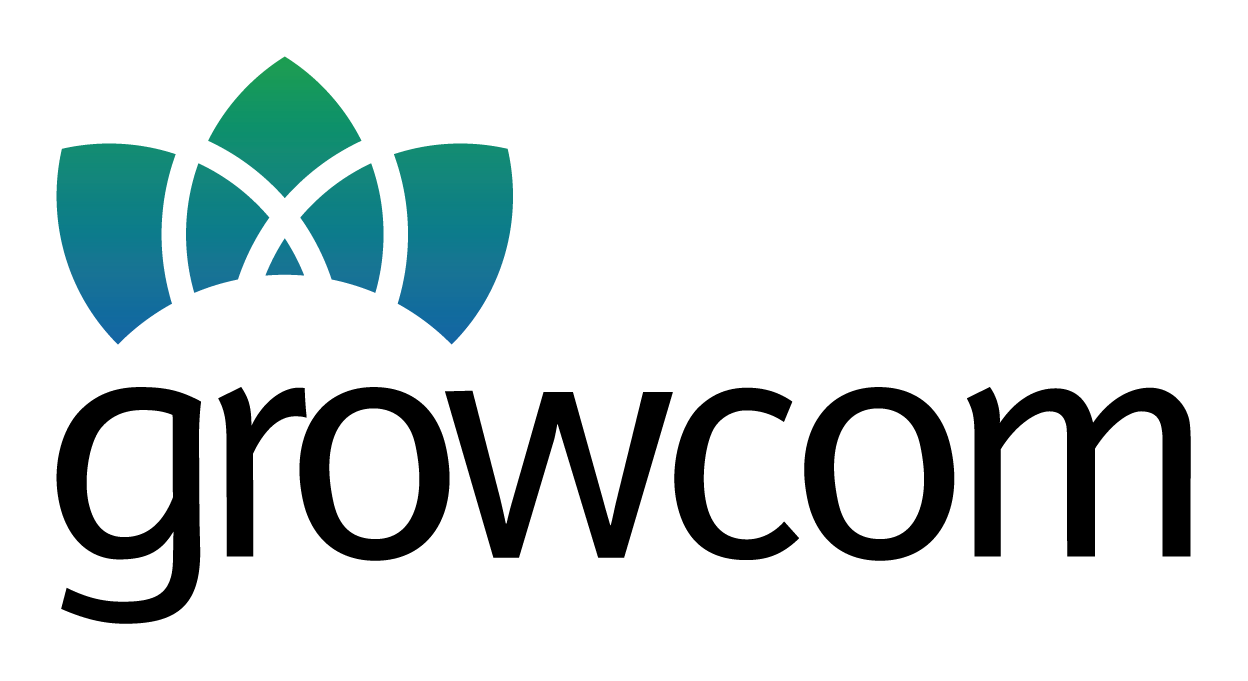Growcom’s Hort360 GBR program puts spotlight on compost
Growcom was pleased to host the Australian Organics Recycling Association’s (AORA) Compost in Agriculture workshops in Bowen on Friday March 25 and Walkamin on Monday March 28.
Using compost in farming systems reduces the amount of synthetic nutrient fertilisers applied on farm which improves water quality entering the Reef.
It also increases soil microbial activity boosting soil health. Both are important milestones for growers on the path to Hort360 Reef Certification.
Growcom’s Hort360 GBR facilitators, Luke Hargreaves (Bowen) and Phil Laycock (Far North Queensland) said that combined, the two workshops saw about 80 attendees taking the opportunity to learn about the technical aspects of compost production including soil health, soil biology and how these are enhanced using composts.
“All growers said they were always interested in composting but now with the surging prices of chemical fertilisers they see composting as an essential component of trying to rein in production costs and protect their soil assets,” Luke said.
“Well-known agronomist David Hall was on hand to present on the commercial and technical benefits of compost on-farm.”
Following the Bowen workshop, attendees travelled to VJK Produce at Eurie Ck to look at this producer’s composting operations where some 15,000 tons of compost is created yearly for use on some 2500 hectares of production land.
VJK Produce utilize sugar mill bagasse, a byproduct of sugar milling, and poultry manure, to support the recycling of the farms own waste products from production and packing operations.
VJK Produce Owner and Director, Jamie Jurgens, gave a presentation about the family’s journey to organic farming and composting.
“Mr Jurgens had everybody’s attention when he described how this large-scale horticultural production enterprise no longer uses any chemical fertilisers,” Luke said.
“VJK Produce are also one of the first producers in Queensland to become Reef Certified under the Hort360 GBR program which assists growers to meet best practices for water quality on the Reef.”
Growcom’s Far North Queensland-based Hort360 GBR and Reef Certification Facilitator, Phil Laycock, said that the workshop attendees identified a need for a Wet Tropics regional compost network to be formed to continue discussing and investigating the opportunities and issues identified by the workshop, that are also reflected in the Regional Development Australia ‘Compost for a farming future’ project.
Some of the Wet Tropics’ regional compost network major goals will include:
Identifying and prioritising the needs to support improved access to quality compost for growers and graziers;
Identifying opportunities for efficiencies in the compost production cycle/identify opportunities for cost recovery/offsetting/savings through the compost production cycle;
Supporting the evolution of a sustainable compost economy from source to farm application.
“There is great interest in the horticulture industry of benefits to the crop and environment that compost brings,” Mr Laycock said.
“Access to a consistent supply of quality farming compost is one of the factors limiting more farmers from experiencing the benefits of compost on their soil health, crop production and their ability to contribute to environmental stewardship.
“As well as presenting the latest knowledge to growers and industry extension officers about compost in horticulture this workshop presented an opportunity for all parts of the organic materials waste management and compost production chain to begin to discuss a regional approach to addressing the compost supply deficit.”
The event was sponsored by the Queensland Government, Queensland Farmers Federation and AORA.
Hort360 GBR is funded through the Queensland Government’s Queensland Reef Water Quality Program and delivered by Growcom.
